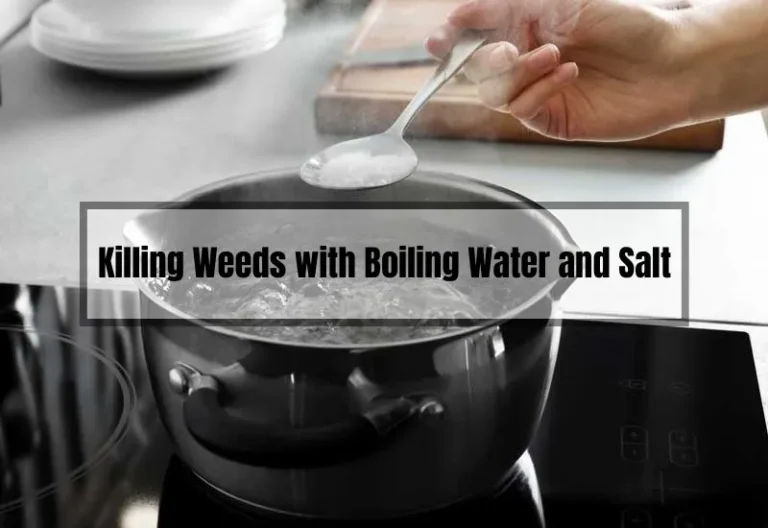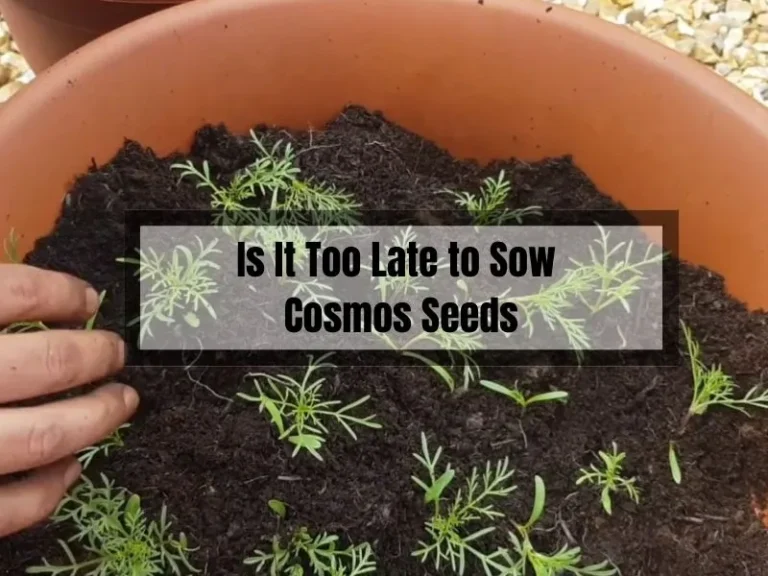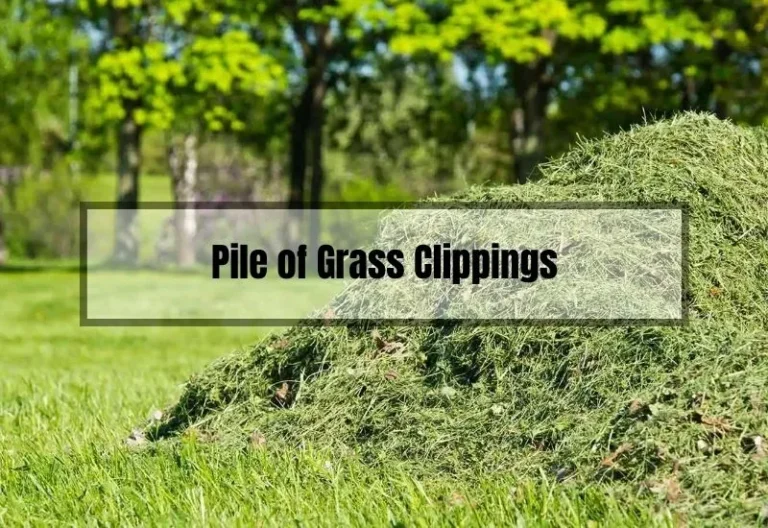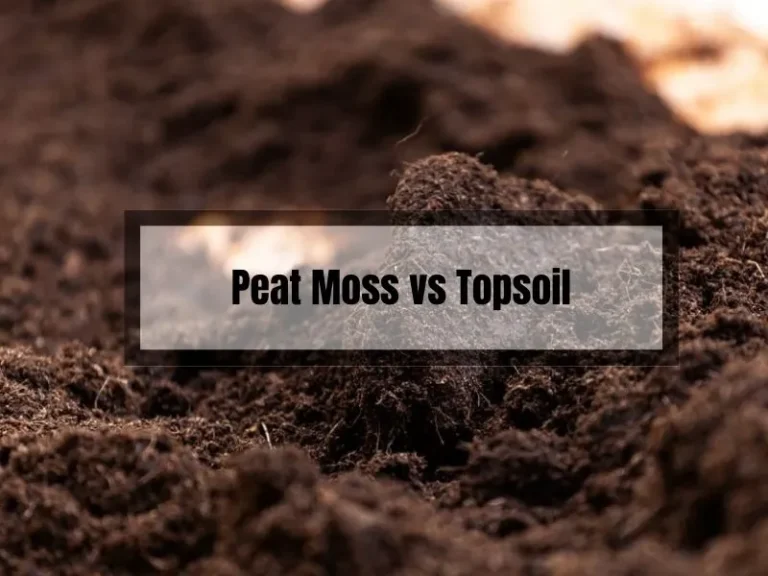Is Chicken Manure Beneficial for Rhubarb Growth?
Hello, green thumbs! Tired of synthetic fertilizers harming both the environment and your plants? Consider this natural alternative: chicken manure. It’s packed with essential nutrients like nitrogen, phosphorus, potassium, and trace minerals. However, there’s a catch: using fresh chicken manure can harm your plants.
In this article, we’ll explore the benefits of using chicken manure for rhubarb, how to use it effectively, and tips for growing healthy rhubarb plants. Let’s get started!
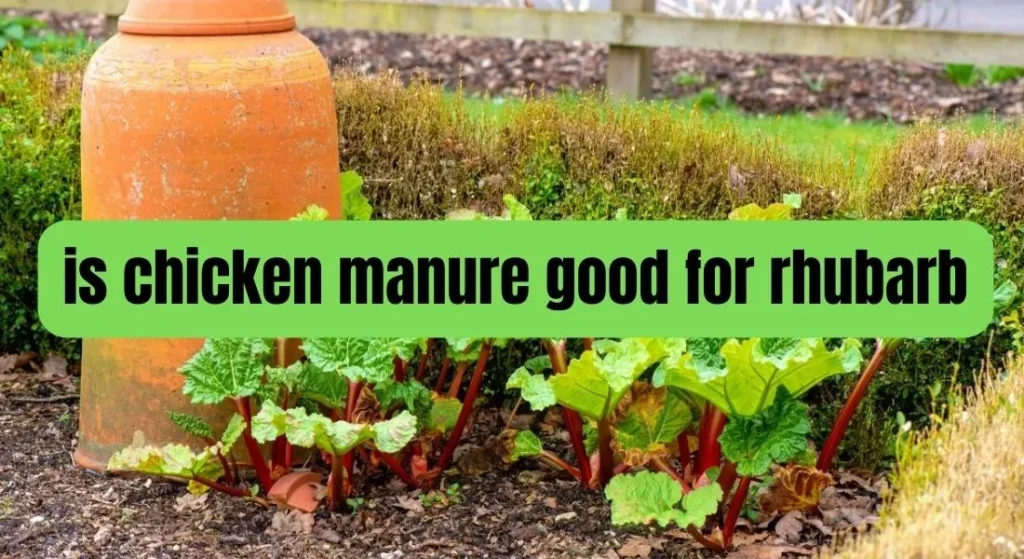
Is Chicken Manure Good for Rhubarb?
If you’re a gardener, you’re probably always looking for ways to improve the health and productivity of your plants. One option that many gardeners turn to is chicken manure.
But is chicken manure good for rhubarb? The short answer is yes, but there are some things you need to know before you start using it.
Benefits of Using Chicken Manure for Rhubarb
Chicken manure is an excellent source of nitrogen, which is one of the three primary macronutrients that plants need to grow. Nitrogen is essential for the growth of leaves, stems, and foliage, and it helps plants produce chlorophyll, which is necessary for photosynthesis.
Using chicken manure as a fertilizer for your rhubarb can help ensure that your plants are getting the nitrogen they need to thrive.
Chicken manure is loaded with some stellar nutrients for plant growth. It’s got:
- Nitrogen: Picture this as the muscle-builder for plants. It helps with that lush, green growth.
- Phosphorus: This is your root-strengthener. It helps those rhubarb plants develop a solid foundation.
- Potassium: It’s all about resilience here, making sure the plant can weather the ups and downs.
Not to mention, when compared to other common fertilizers, chicken manure often takes the prize for the most nutrient-dense.
How to Properly Apply Chicken Manure to Your Rhubarb
Just like how it’s not enough to have the right ingredients, but you also need to know how to cook, the same logic applies here. So, here are some tips on how to serve this chicken dinner to your rhubarb plants:
- The right time: In my experience, early spring, just as your rhubarb is starting to wake up, is the perfect time to apply.
- The correct quantity: This can be a bit of a Goldilocks situation, not too much, not too little, but just right. Usually, a layer of about 2-3 inches around each plant does the trick.
- Method of application: You can mix it directly into the soil, make a compost tea, or layer it around the base of your plants. Pro tip: Be careful not to let it touch the stems directly to avoid burning the plant.
Risks and Considerations when Using Chicken Manure
But hey, like all things in life, using chicken manure comes with its own set of challenges. Here’s what to watch out for:
- Risk of burning plants: Yep, you read that right. The high nitrogen content can cause what’s known as fertilizer burn, damaging your plants.
- Pathogen contamination: Raw chicken manure can have some nasty stuff lurking in it, so make sure it’s well-composted before using.
- Environmental considerations: Too much chicken manure can lead to runoff and pollution, so it’s important to use it responsibly.
What Other Fertilizers Can You Use for Rhubarb?
Besides chicken manure, you can use other organic fertilizers to improve the soil quality and promote the growth of rhubarb. Here are some options:
- Compost: Composting is a natural way to enrich the soil with nutrients and improve its structure. You can use homemade compost or buy it from a gardening store.
- Fish emulsion: Fish emulsion is a liquid fertilizer made from fish waste. It’s rich in nitrogen, phosphorus, and potassium, which are essential for plant growth.
- Bone meal: Bone meal is a slow-release fertilizer made from ground-up bones. It’s high in phosphorus, which is necessary for root development and flower production.
- Blood meal: Blood meal is a fast-acting fertilizer made from dried animal blood. It’s high in nitrogen, which is essential for leafy growth.
How Often Should You Fertilize Rhubarb Plants?
Rhubarb plants require regular fertilization to thrive. However, too much fertilizer can harm the plants and reduce their yield. Here are some tips on how often to fertilize rhubarb:
- In the spring: Apply a balanced fertilizer, such as 10-10-10, around the base of each plant. Use about one cup of fertilizer per plant.
- In the summer: Apply a side dressing of compost or organic fertilizer around the plants every four to six weeks.
- In the fall: Apply a light layer of compost or well-rotted manure around the plants to prepare them for winter.
What Are Some Common Problems When Growing Rhubarb?
Like any plant, rhubarb is susceptible to pests, diseases, and environmental stressors. Here are some common problems to watch out for:
- Crown rot: Crown rot is a fungal disease that affects the base of the plant. It can cause the plant to wilt, turn yellow, and die. To prevent crown rot, avoid planting rhubarb in poorly drained soil and keep the area around the plants free of debris.
- Aphids: Aphids are small, sap-sucking insects that can damage the leaves and stems of rhubarb plants. To control aphids, spray the plants with a mixture of water and dish soap.
- Bolting: Bolting is when the plant produces a flower stalk instead of edible stalks. This can happen when the plant is stressed or exposed to high temperatures. To prevent bolting, keep the plants well-watered and cool during hot weather.
FAQs
If you’re new to gardening, it’s natural to have questions about using chicken manure on your rhubarb. Here are some of the most common questions people ask about using chicken manure on rhubarb:
Is Chicken Manure Safe for Rhubarb?
Yes, chicken manure is safe for rhubarb when used correctly. However, it’s important to note that fresh chicken manure can be too high in nitrogen and can burn your plants. It’s essential to compost the manure first before using it on your rhubarb. This process will help break down the nutrients and make them more accessible to your plants.
Can You Use Fresh Chicken Manure on Rhubarb?
No, it’s not recommended to use fresh chicken manure on rhubarb. As mentioned earlier, fresh chicken manure is too high in nitrogen, which can burn your plants. Instead, compost the manure first before using it on your rhubarb. This process will help break down the nutrients and make them more accessible to your plants.
How Long Does It Take for Chicken Manure to Break Down?
It can take anywhere from two to six months for chicken manure to break down. The breakdown process depends on several factors, including the temperature, moisture level, and the size of the compost pile. It’s important to turn the compost pile regularly to help speed up the breakdown process.
How can I tell if my rhubarb needs more nutrients?
Look out for smaller than usual leaves, pale coloration, or slower growth rates.
Can chicken manure be mixed with other fertilizers?
Absolutely! Mixing fertilizers can help provide a more balanced nutrient profile.
Conclusion
In conclusion, chicken manure can be a great fertilizer for rhubarb when used correctly. It is a rich source of nitrogen that can help promote healthy growth and increased fruit production. However, it is important to use it in moderation and ensure that it is properly composted before application.
When using chicken manure as a fertilizer for rhubarb, it is important to keep in mind the following points:
- Use composted chicken manure: Fresh chicken manure is too high in nitrogen and can burn the roots of the rhubarb plant. Composting the manure for several months will help to break it down and reduce its potency.
- Apply in moderation: Too much nitrogen can result in lush foliage but poor fruit production. Use chicken manure sparingly and in combination with other organic fertilizers.
- Apply in early spring: Apply chicken manure to the soil around the base of the rhubarb plant in early spring, just as new growth is beginning to emerge.
Related Posts:

